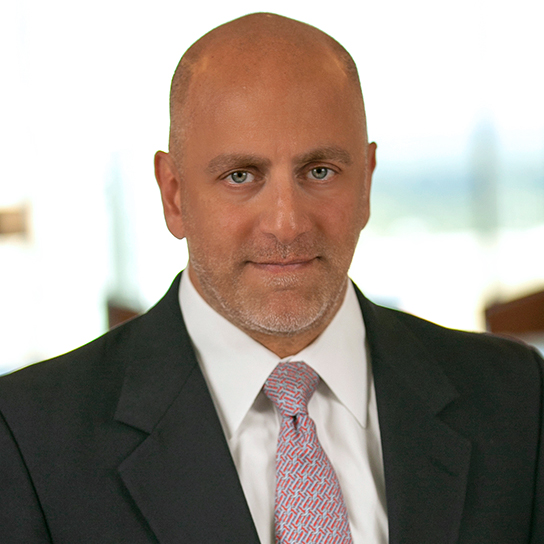Hogan Lovells Publications | Quarterly Corporate and M&A Decisions Update | May 2021
2021 Q1 Decisions Update
Express Scripts, Inc. et al. v. Bracket Holdings Corp., No. 62, 2020 (Del. Feb. 23, 2021)
Summary
Express Scripts, Inc. (ESI) is a pharmaceuticals management and support services company that acquired United BioSource LLC (BioSource) as a subsidiary in 2012. In 2013, Bracket Holding Corp. (Bracket) acquired the BioSource business from ESI for US$187 million. Other than for “deliberate fraud” or breaches of fundamental representations, the purchase agreement provided that Bracket’s exclusive remedy was to bring claims under a representations and warranties insurance policy.
After closing, Bracket alleged that ESI and BioSource had fraudulently inflated the business’s revenue and working capital by millions of dollars. Bracket filed an arbitration to collect under its insurance policy in 2014 and was awarded US$13 million; ESI and BioSource were not involved in this arbitration proceeding. Bracket then sued ESI, BioSource, and BioSource’s former Vice President of Finance in the Delaware Superior Court for fraudulent inducement. BioSource counterclaimed for Bracket’s failure to pay under a separate Transition Services Agreement post-closing. One point of contention, both before and after the trial, was the state of mind required for fraud: Bracket argued that the defendants should be liable for both deliberate fraud and reckless conduct amounting to fraud, while the defendants argued that the agreement limited liability to the former. The Superior Court ruled that because “deliberate” was not otherwise defined in the purchase agreement, the common law standard for fraud applied, which includes recklessness. The Superior Court found that including the phrase “deliberate fraud” in the purchase agreement without defining the term “deliberate” did not constitute an express agreement to alter the common law standard for fraud, and that accordingly the parties had not modified that standard.
After a 10 day trial, the Superior Court issued a jury instruction on the common law definition of fraud that included recklessness. The jury found that BioSource committed fraud aided and abetted by ESI and awarded Bracket US$82.1 million in damages. The jury separately found that Bracket breached the Transition Services Agreement and awarded BioSource US$2.2 million in damages.
On appeal, the Delaware Supreme Court reversed, finding that where an exculpatory clause limited the seller’s liability to deliberate fraud, the seller could not be held liable for reckless fraud. The court found that the phrase “deliberate fraud” was clear and unambiguous, rejecting the argument that the term “deliberate fraud” needed to be defined, or that “deliberate fraud” includes reckless fraud. The court further found that the trial court’s erroneous jury instruction was not a harmless error because it allowed for liability to be established upon a lesser mental state, and that a retrial was necessary.
Back To Listing







